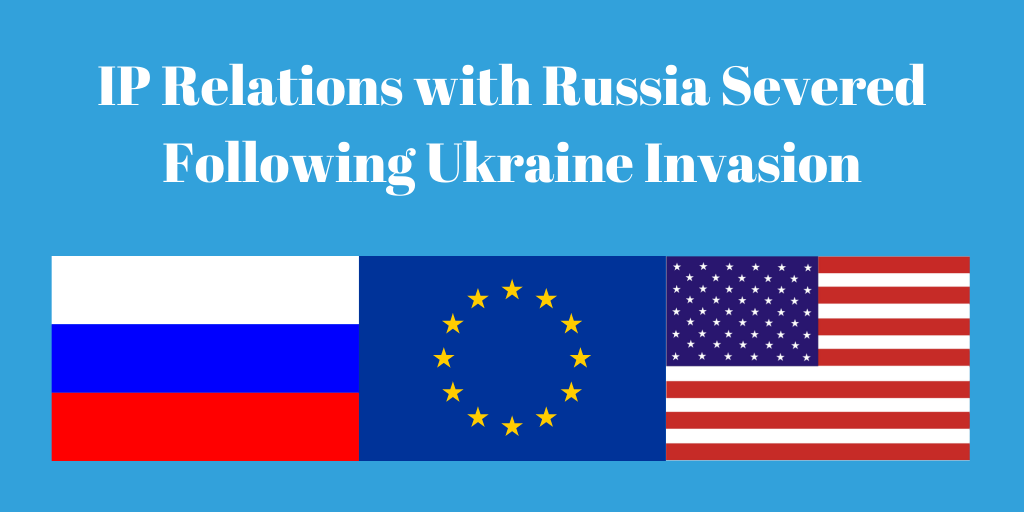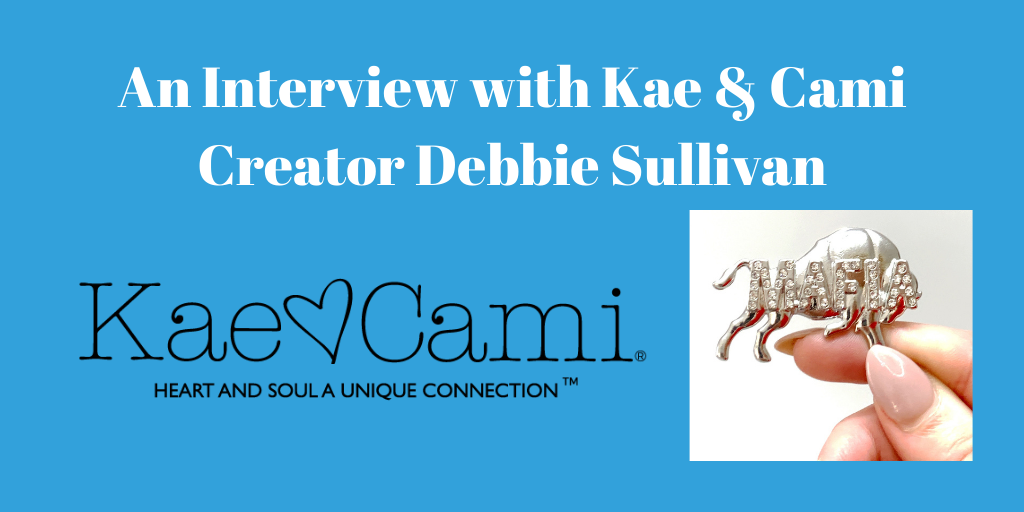Big companies always seem to have legal matters to deal with. Apple, one of the most famous manufacturers of electronic goods, has been hit with another lawsuit. Is it a case concerning Apple’s highly anticipated product, the new iPhone 8? Nope. Is it another patent assertion entity (or patent troll) claiming infringement? Not this time. The new lawsuit initiated against Apple does not involve the iPhone or patent assertion entities, but instead the iPad 4 tablet and a Texan company.
The Lawsuit
In this lawsuit, Apple is the defendant. The lawsuit began when Prowire, a Texas Limited Liability Company, alleged that Apple infringed on its patent. More specifically, it is alleged that Apple infringed on Prowire’s U.S. patent no. 6,137,390 (the ‘390 patent), which relates to inductors. Prowire alleges that Apple has incorporated certain types of inductors covered by the 390’ patent into the iPad 4 tablet.
So What is Patent Infringement?
Generally, a patent confers the patent owner the rights to exclude others from making, using, selling, offering for sale, or importing a patented invention into the United States. Usually, if anyone makes, uses, sells, or offers to sell the patented invention without authorization, they are infringing on the patent. But what happens if the accused device only has some small immaterial difference from the patented invention? Even if the accused device has some immaterial difference, infringement may still occur under the doctrine of equivalents. Meaning there may still be infringement if the accused device is considered an equivalent of the patented invention.
A Surprising New Litigant Takes Over
In a surprising turn of events, Prowire transferred the ‘390 patent to MEC Resources LLC. What’s interesting is MEC Resources is a company owned and operated by Native Americans tribes. MEC Resources lists its state of origin as “Affiliated Tribes” and is owned by the Mandan, Hidatsa and Arikara Nation, which is otherwise known as The Three Affiliated Tribes.
So How Would this Affect the Lawsuit?
Well for starters, special laws enacted by the government that may possibly apply to Native American Tribes may now potentially apply to the lawsuit. One possibility is that MEC Resources can try to assert sovereign immunity to prevent the ‘390 patent from undergoing inter partes review. (If you want to know more about inter partes review, click here.) However, this was not the only instance where a patent was transferred to a Native American tribe to avoid inter partes review.
Other Cases of Patent Transfers to Native American Tribes
Another instance where a company had transferred their patents rights to a Native American Tribe is when Allegran transferred their Restasis related patents to the St. Regis Mohawk Tribe. (To read more about the Restasis patent transfer, click here). The St. Regis Mohawk tribe then licensed the patent back to Allegran for monetary compensation. This seems like a crafty method that allows patent owners to preclude inter partes review while still benefiting from the patent.
How does this affect Patent Law?
If large companies could preclude the review of a patent’s validity under inter partes review, would this adversely affect the standards for patents? Inter partes review can invalidate patents that are weak, unpatentable in the first place, or poor in quality. Preventing review of such patents could mean that weak patents or low quality patents can remain valid. However, it seems unlikely that companies will be able to avoid inter partes review by transferring their patents. Unfair loopholes around governmental systems and laws will not remain unnoticed. Although it is merely speculation at this point, if big companies are going to transfer the patent rights to preclude review of a patent’s validity, Congress or the courts would most likely step in and find a way to prevent such practices.
Senator Claire McCaskill, (D-MO), has already introduced a bill purporting to abrogate or cancel sovereign immunity of for purposes of inter partes review. Moreover, senators Maggie Hassan (D-NH), Sherrod Brown (D-OH), Bob Casey(D-PA) and Richard Blumenthal (D-CT) have already responded and urged the Senate Judiciary Committee to investigate the deal concerning Allegran’s transfer of its patents for Restasis.

The Allegran Deal and Possible Repercussions of Precluding Inter Partes Review in Other Areas.
What would be the effects of precluding inter partes review in other areas? For one, it could possibly affect pricing in the pharmaceutical industry. Valid patents for pharmaceutical products such as drugs can allow pharmaceutical companies to control or influence drug prices. Invalidating their patents may allow competitors to make, use, or sell the once patented drug, which would affect a company’s ability to control or affect drug prices. As mentioned above, inter partes review is one way to challenge a patent’s validity. But preventing inter partes review may allow a patent remain valid, and thereby allowing patent owners such as pharmaceutical companies to continue to control or influence prices of patented inventions for several more years.
Thus, one can speculate that transfer of patents to parties capable of asserting sovereign immunity may possibly allow some patent holders to control and influence prices for extended periods of time.
What are your thoughts on the lawsuits initiated against these companies? Leave a comment below and tell us what you think!
Do you want more interesting stories on patent cases? Here’s one about Facebook:
Get Started Today!
Does this article interest you? Subscribe to the LoTempio Law email newsletter to receive posts and updates just like this conveniently in your email box!
If you’ve enjoyed this blog post, we have lots more where this came from, including an Inventors Guide Video Series where we help you turn your good idea into a profitable invention, and tons of other great content. Simply enter your email address and hit sign up and you’ll get everything, including blog posts like these, conveniently in your email box!
Have any questions? Give us a call at 1-800-866-0039. Consultations are FREE.
Disclaimer: This article is not intended to be legal advice and is meant to be for educational or entertainment purposes only. For legal advice and questions, please contact registered Patent Attorney Vincent LoTempio.








